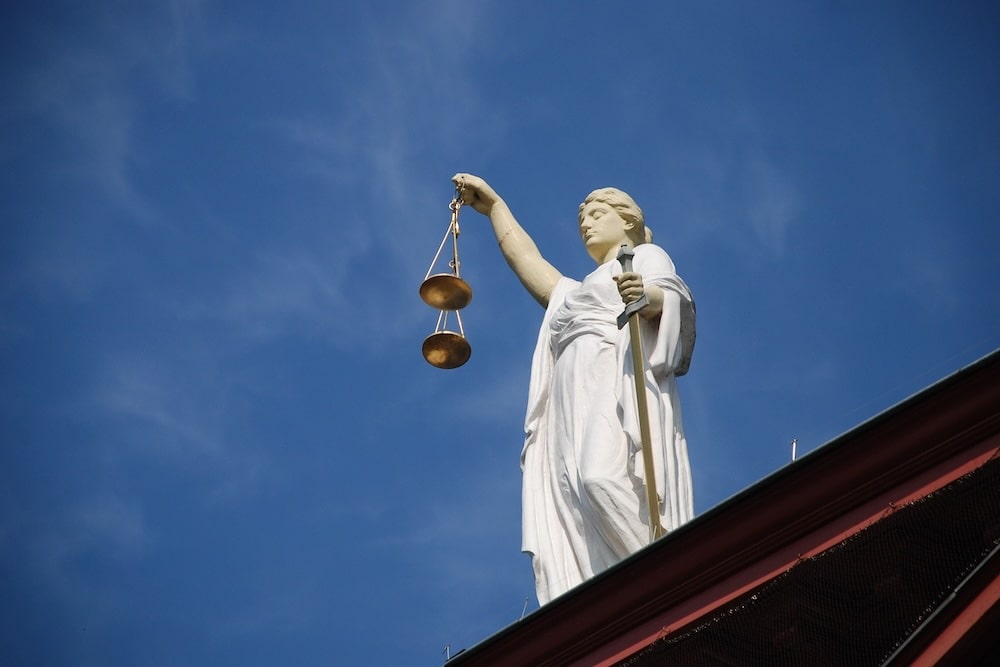Ripple and the United States Securities and Exchange Commission (SEC) have jointly requested a pause in their ongoing court appeal proceedings, signaling a potential settlement agreement between the two parties. The development marks the latest chapter in a years-long battle over whether Ripple’s XRP sales constitute an unregistered securities offering.
Appeals Suspended
The dispute between Ripple and the SEC began in December 2020 when the regulatory body filed a lawsuit against Ripple Labs, alleging that the company’s XRP sales violated federal securities laws. The SEC sought $1.9 billion in fines, but a court ruling in July 2023 found that XRP sales on digital exchanges did not qualify as securities. The SEC has since appealed this decision, with both parties engaging in a complex and drawn-out legal battle.
The joint request to pause court proceedings, filed on April 10, 2025, suggests that Ripple and the SEC are working toward a settlement agreement. According to the court filing, the parties have agreed in principle to conclude the case, pending formal approval from the SEC Commission. If a settlement is reached, it could have significant implications for the future of digital asset regulation in the United States.
Ripple Puts Up a Hard Fight
In recent months, Ripple has continued to push back against the SEC’s allegations, with CEO Brad Garlinghouse and Executive Chairman Chris Larsen denying any wrongdoing. The company’s efforts to resolve the lawsuit have been ongoing, with a key court date set for April 16, 2025. The outcome of this case could have far-reaching consequences for the crypto industry, particularly in the United States.
As the situation continues to unfold, industry stakeholders and investors are closely watching for any developments that may impact the future of XRP and the broader digital asset market.
In the meantime, several other crypto platforms have successfully concluded their legal battles with the SEC. For example, the agency officially dismissed its lawsuit against Nova Labs, the creator of the Helium Network, with prejudice. This means that the allegations cannot be reintroduced in the future. This decision represents a significant victory for both Helium and its network, which have faced strong regulatory challenges in recent times.
Find Cryptocurrencies to Watch and Read Crypto News on the Go Follow CryptosToWatch on X (Twitter) Now

